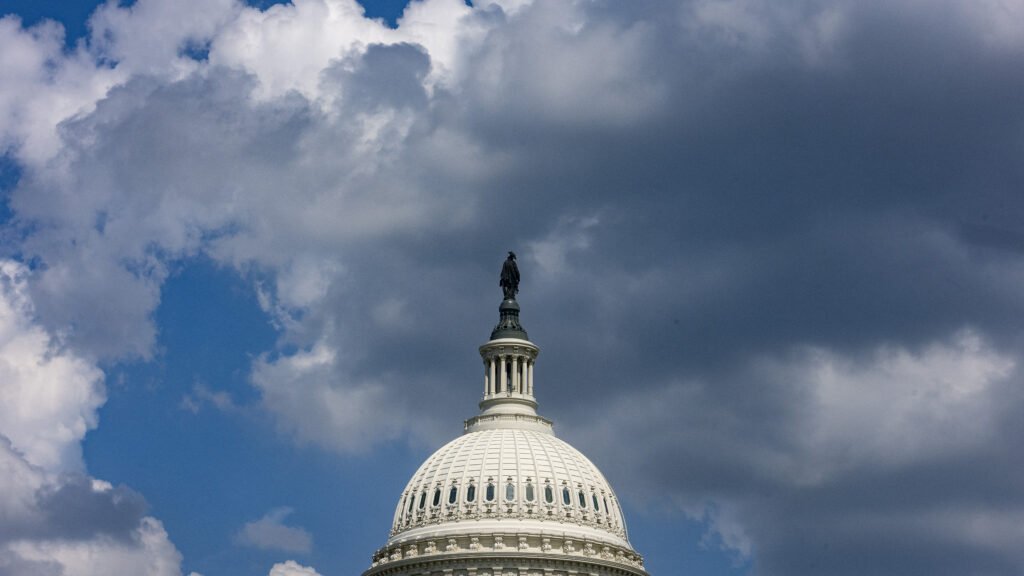The Senate has successfully passed a $4.5 trillion tax-cut bill, with last-minute adjustments made to the health care provisions to secure Republican support. Despite opposition from Democrats and a few Republican Senators such as Rand Paul, Susan Collins, and Thom Tillis, Vice President JD Vance cast the tie-breaking vote to push the bill through.
This legislative victory is a significant win for President Trump and Senate Majority Leader John Thune, who championed the bill as a measure to strengthen the country and promote prosperity. However, the bill faces further challenges as it now moves to the House for approval. House Republicans have raised concerns about the deep cuts to health care in the Senate version, particularly the substantial reductions in Medicaid funding.
The bill includes major cuts to federal health care spending, including significant slashes to Medicaid. These reductions are intended to offset the tax cuts but are projected to lead to 11.8 million people losing health insurance over the next decade. The Senate bill’s aggressive Medicaid cuts have drawn criticism from health care providers, who warn of the detrimental impact on low-income families and rural health care facilities.
In addition to Medicaid cuts, the bill also includes provisions such as a reduction in provider taxes, the addition of work requirements for Medicaid enrollees, and adjustments to SNAP benefits. While some Republicans have voiced concerns about the scale of the Medicaid cuts, the bill was updated to include a rural health fund to address some of these worries.
Alaska Senator Lisa Murkowski played a crucial role in the bill’s passage, securing exemptions for noncontiguous states like Alaska and Hawaii from certain work requirements. Despite calls for additional Medicaid carve-outs for Alaska, the final text did not include these provisions. Murkowski emphasized that the bill is still a work in progress and urged the House to send it back to the Senate for further revisions.
The bill also includes a boost in Medicare payments to physicians in 2026 but lacks inflation-adjustment provisions present in the House version. Earlier provisions that would have restricted federal funding for gender-affirming care were removed in the final version of the bill.
In the House, lawmakers have expressed reservations about the aggressive Medicaid cuts in the Senate bill. Representative David Valadao and several colleagues have raised concerns about the potential harm to Medicaid recipients and health care providers in their states. Valadao emphasized the importance of protecting critical funding and ensuring the stability of the healthcare system.
Overall, the Senate’s passage of the tax-cut bill marks a significant milestone in the ongoing debate over health care and fiscal policy. The House will now have to consider the Senate’s version of the bill, setting the stage for further negotiations and potential revisions before it can be signed into law.


